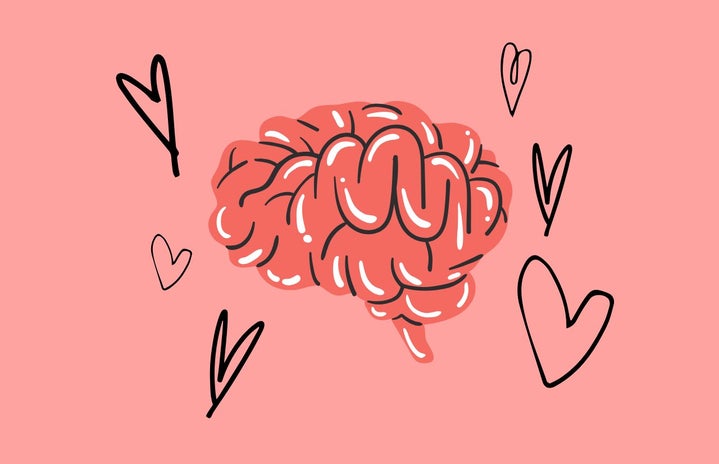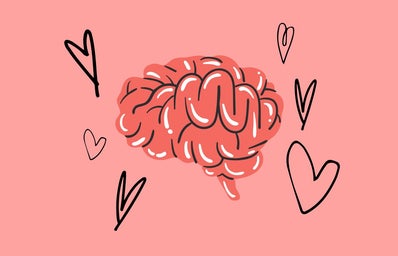Some people think of love as an abstract feeling that can’t be explained while others consider it a chemical reaction that happens in your brain when you see the person you like. Since everyone has different views on the meaning of love, it’s hard to pinpoint a “correct” definition. So, what is love? Let’s find out from two different points of views: a biological anthropologist vs a social psychologist.
Dr. Helen Fisher tackles love in a more “sciency” point of view if you will. During a WIRED interview, she was asked about what happens to our bodies when we’re in love and she explains “…we [she and her colleagues] were able to find that everybody who’s madly in love… begins to have activity in a tiny little factory near the base of the brain called the “ventral tegmental area. And that brain region actually makes dopamine and sends it to many brain regions”. This suggests that when we feel like we’re “in love” the complex yet fascinating chemistry in our brain triggers our senses, which is what makes us feel nice and warm whenever we see our special someone. Therefore, those feelings of attraction and attachment are the effect of signals in our brain when we’re in love.
However, Erich Fromm, a social psychologist, describes love in a different way: “Love isn’t something natural. Rather, it requires discipline, concentration, patience, faith, and the overcoming of narcissism. It isn’t a feeling, it’s a practice”. Fromm implies that love doesn’t come naturally for us, and although his point of view might be arguable, he implies that love grows with time and effort as it is something that must be cultivated rather than it already being built in our biological system. The psychologist’s statement makes sense since love takes dedication and devotion for it to bloom, and can’t be acquired overnight.
Though, which one is it? Are we programmed to love naturally or is it a feeling that grows slowly with time? The truth is that love has been studied by many researchers: its origin, purpose, and how it affects us have all been researched. Yes, love is undoubtedly a chemical reaction, but just because our brains experience natural processes like love, it doesn’t make this wonderful feeling any less meaningful. Love isn’t simply a chemical reaction to us humans, in order for it to stick around and grow it must be tended to and nurtured with time.


